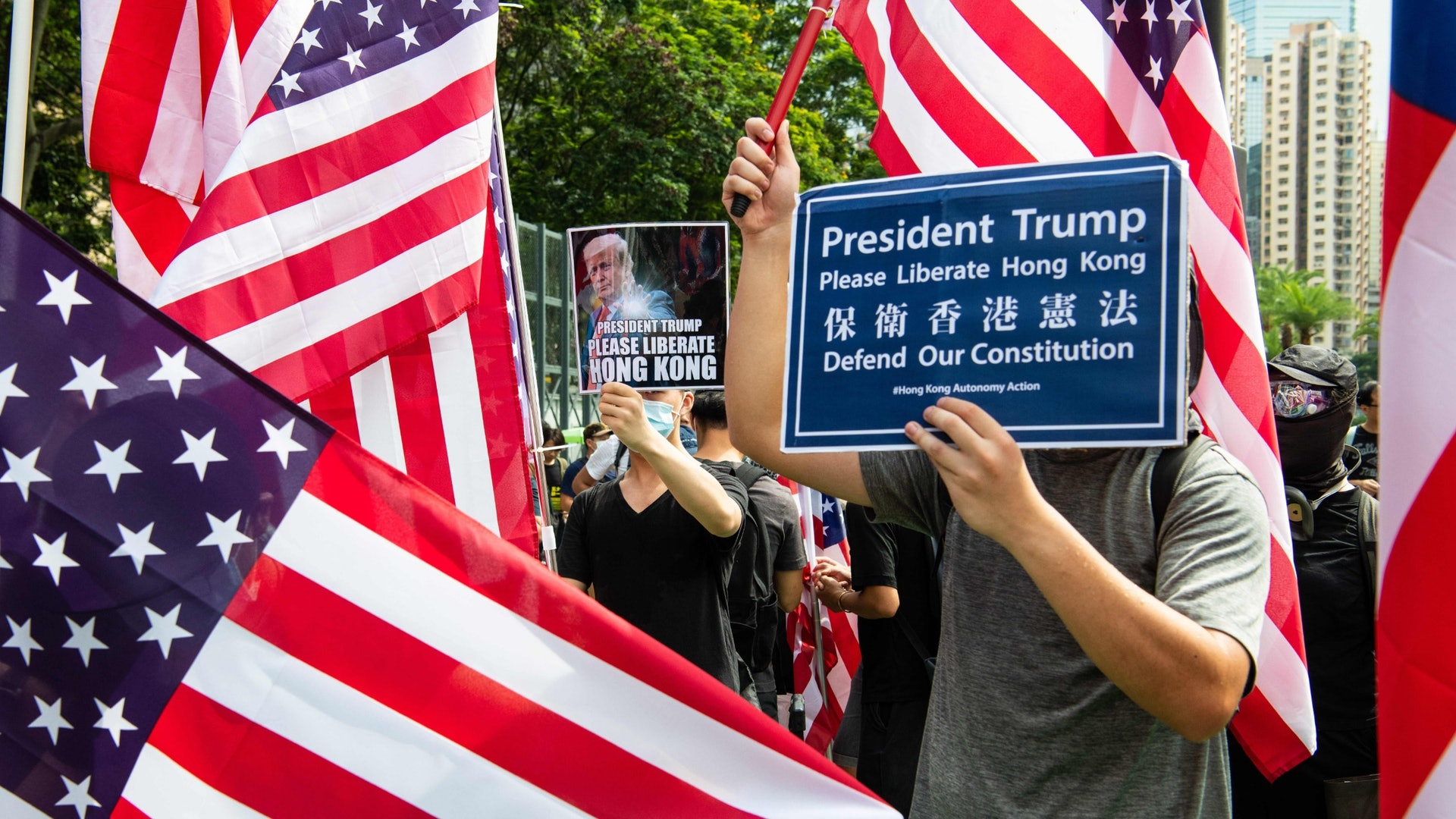U.S. President Trump’s signing of the Hong Kong Human Rights and Democracy Act 2019 and the Protection of Hong Kong Act has raised concerns about whether signing the bill would complicate Sino-U.S. Trade negotiations, affect or delay signing.
Trump has described the demonstrations in Hong Kong as a reason to “complicate” trade talks, and warned that the Beijing government’s use of force to suppress Hong Kong demonstrators would seriously affect trade negotiations. The wave of demonstrations in Hong Kong has undoubtedly become an item affecting trade negotiations.
Therefore, when the bill was signed and passed, international public opinion all mentioned the same question: Will the bill affect China-US trade negotiations? The Wall Street Journal commented that the bill could increase the chances that the first phase of trade agreement could not be signed in 2019.
However, the market’s response to the passage of the bill was calm. On the 28th, Asian stock markets, including the Shanghai Stock Exchange Index, fell by only 20 points, and the market volatility was not large. Except that Intron did not have any reason to refuse to sign a congressional bill passed by a high vote, the market has already expected to sign it, and the impact of the incident on China-US trade negotiations is still limited.
Trump’s low-key deal
One of the reasons can be seen from Trump’s statement: “I signed these bills out of respect for Chinese President Xi and the people of Hong Kong. I hope that the leaders and representatives of China and Hong Kong can resolve their differences in a friendly way, Long-term peace and prosperity for the benefit of all. “
Coupled with Trump’s failure to specifically sign the bill on his Twitter, it can be seen that Trump wants to minimize the impact of his signing the bill on the first stage of trade negotiations.
Some analysts also pointed out that the United States has benefited a lot from Hong Kong, which is conducive to business investment. If it terminates its special status granted to Hong Kong, it may also hit American companies.
I believe there will be no substantial action
How China will respond will be key, but the Chinese Ministry of Foreign Affairs has seen condemnations, but it has only repeated the warning “advising the United States not to act arbitrarily, or to be at your own risk”, and did not propose specific countermeasures.
This means that as long as the United States has not really imposed sanctions or cancelled Hong Kong’s preferential trade status, China will not fight back. It is generally believed that the United States will not easily take substantive action unless Hong Kong suffers from “extremely serious upheaval,” as Trump has said to suppress it by force.
What remains to be confirmed is whether China will place the Hong Kong issue in trade negotiations in future negotiations, such as asking the United States to withdraw the bill, but it is generally believed that China does not.












